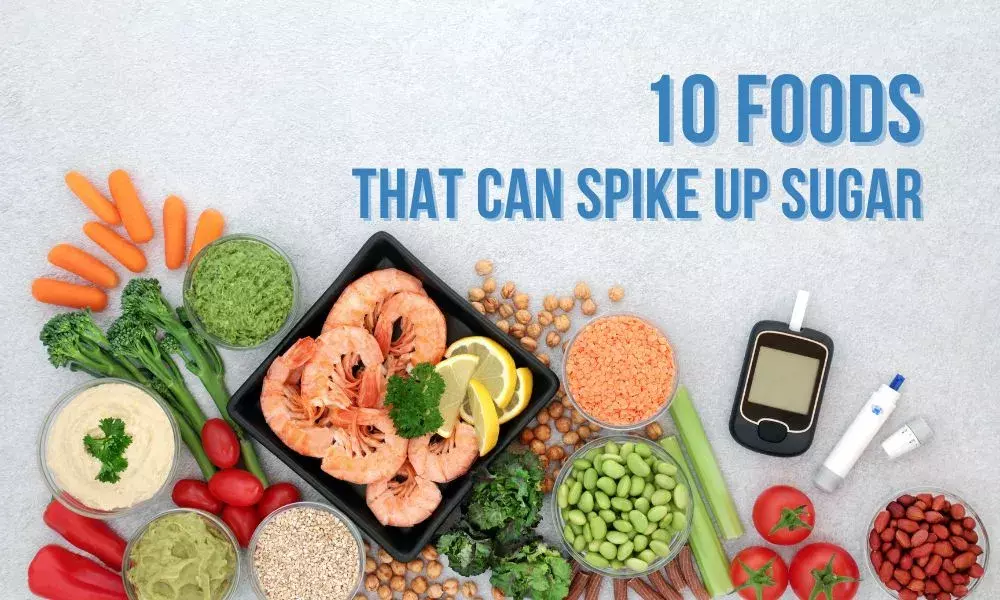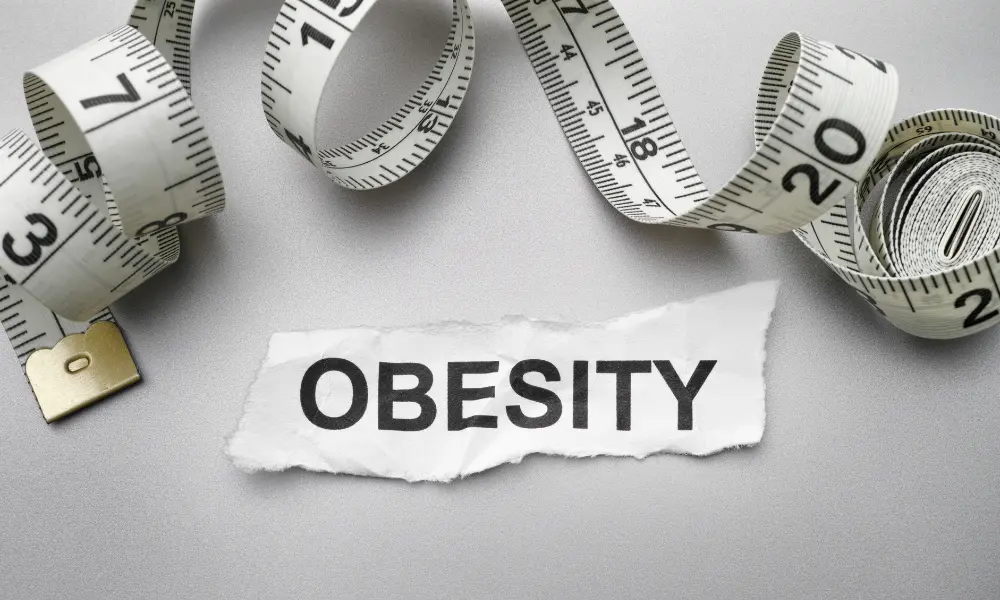High blood sugar levels on regular basis for a longer time can be dangerous to your health. It can lead to serious health complications and affect people with type 1, type 2 diabetes, and those who have cardiac related problems.
The best way to prevent these complications is to manage your sugar levels. You should have a microscopic view of the food you consume to control your blood sugar level.
Dr. Sonal Mhatre, BHMS with 17 years of Clinical experience, advises avoiding ten food products as they can increase your blood sugar.
-
Sticky white rice and white basmati rice: Although not sweet, white rice is high in glycaemic index and can deceptively increase blood sugar levels.
-
Potatoes: They are good source of carbohydrates, but they are also notorious for increasing blood sugar as they are digested into the bloodstream quickly. Potatoes, sweet potatoes, beetroots, etc., are tuberous veggies high in starch. Their consumption can, therefore, have specific rising effects on one’s blood sugar levels.
-
White Pasta: White bread and pasta are made from refined white flour, an easily digestible starch that raises blood sugar. Anything and everything that is made from refined flour (maida) is dangerous for diabetics.
-
Sugar-sweetened beverages: Sugary drinks such as soda, fruit juices, aerated drinks, and sports drinks raise the blood glucose level. Drinks like sweetened tea, energy drinks and fancy coffee are full of calories, fat, and sugar.
-
Dry fruits: Raisins and dried fruit are wholesome sources of carbs, but they can increase blood sugar levels. Raisins are used to treat low blood sugar because of their higher glycaemic index. The same goes for dates, dried apricots, dried figs, etc.
-
Certain Fruits: Fruit is a nutritious option for people with diabetes. However, this can cause blood sugar to spike. Overly ripe Bananas, Mangoes, Jackfruit, Chikku, Pineapple, and Grapes are known to spike blood sugar levels. Limit your consumption to one or two slices if you still enjoy these fruits. The fruits that can be consumed with diabetes include Apples, Guava, Oranges, Pears, Peaches, Papaya, Kala jamun, Berries, Pomegranates, and Melons. “Eating in Moderation” is the key.
-
Baked items: Pastries, cookies, cakes, biscuits, and other sugary foods are wonderful treats but can wreak havoc on your blood sugar and provide little nutritional value. These foods are digested and absorbed quickly, which can cause your blood sugar to spike.
-
Sago (Sabudana): It is high in calories and is said to provide an instant increase of energy in the body. Hence, it is consumed during fasting periods. But the same rapid encouragement of energy results in spiking blood sugar levels. Thus, the intake of Sabudana must be done carefully and moderately for one following a diabetic diet.
-
Alcohol: Alcoholic drinks can also contain sugar and carbs. You should limit their consumption of alcoholic beverages.
-
Other foods: Plain yogurt is generally full of probiotics, calcium, and protein, which are important for diabetics. But consuming flavoured yogurt with added fruit can be harmful, as it is typically loaded with sugar. Honey, Sugar cane juice, chocolate, candies, ice cream, Jam and Jellies, Jaggery (Gur), Sugar, desserts, and breakfast cereals with added sugar can spike blood sugar.
In a nutshell, having a calculated approach to what you eat, can help you control your blood sugar level and prevent you from many health complications including diabetes.




